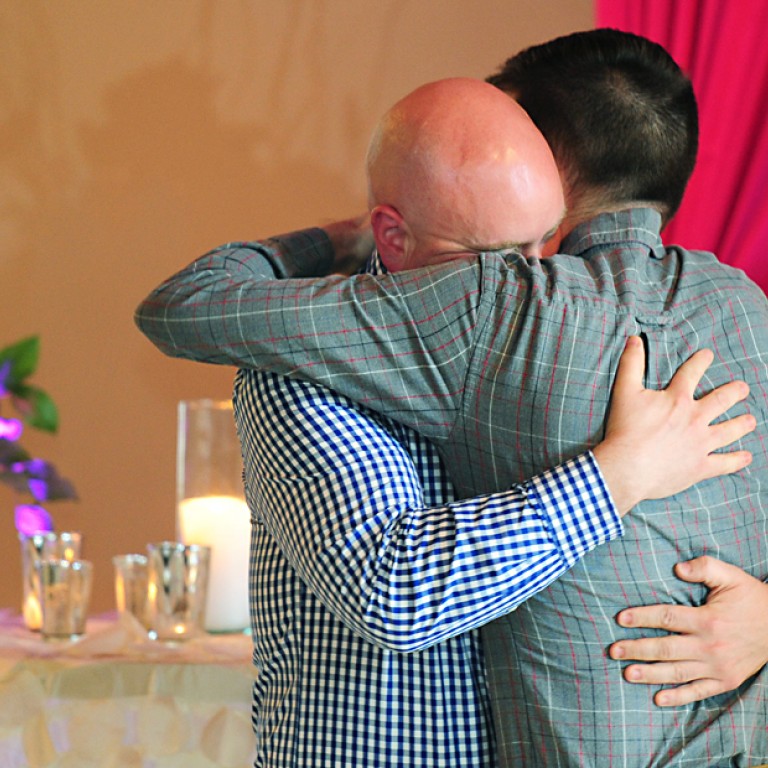
Gay dads’ brains play mother and father roles
Having a baby alters new mothers' brain activity, researchers have found, and a new study adds the first evidence of such changes in the brains of gay men raising children they adopted through surrogacy.
Having a baby alters new mothers' brain activity, researchers have found, and a new study adds the first evidence of such changes in the brains of gay men raising children they adopted through surrogacy.
The men's pattern of brain activity resembles that of both new mothers and fathers in the study.
The study was conducted in Israel, and builds on work by neuropsychologist Ruth Feldman of Bar-Ilan University and others, who showed that the brains of new mothers become hyper-reactive to their child's cries and other emotional cues.
It was not clear if that pattern is a result of the hormonal and other changes that accompany pregnancy or a response to the experience of motherhood.
To find out, Feldman and her colleagues videotaped 89 new mothers and fathers, both gay and straight, interacting with their infants at home. They then measured the parents' brain activity while watching the videos in an MRI tube, and again - to establish a baseline - while watching videos that their children did not star in.
In the 20 mothers in the study, all primary caregivers, watching their babies triggered heightened activity in the brain's emotion-processing regions, particularly in a structure called the amygdala, which was five times more active than at baseline.
"These are regions that respond unconsciously to signs of an infants' needs, and that derive deep emotional reward from seeing the baby," Feldman said.
For the 21 heterosexual fathers - who were very involved in raising their baby but whose wives took the lead - watching their infant increased activation of cognitive circuits, particularly a structure that interprets a baby's cries and non-verbal cues.
The 48 gay fathers raising children with their partners seemed to be both mother and father. Their emotional circuits were as active as those of mothers and the interpretive circuits showed the same extra activity as that of heterosexual fathers.
In gay fathers, but not heterosexual ones, the brain also had extra communication lines between emotional and cognitive structures. The more time a man spent as primary caregiver, the greater the connectivity. It was as if playing both parental roles caused the brain to integrate the structures required for each.
"Fathers' brains are very plastic," Feldman said. "When there are two fathers, their brains must recruit both networks, the emotional and cognitive, for optimal parenting."

